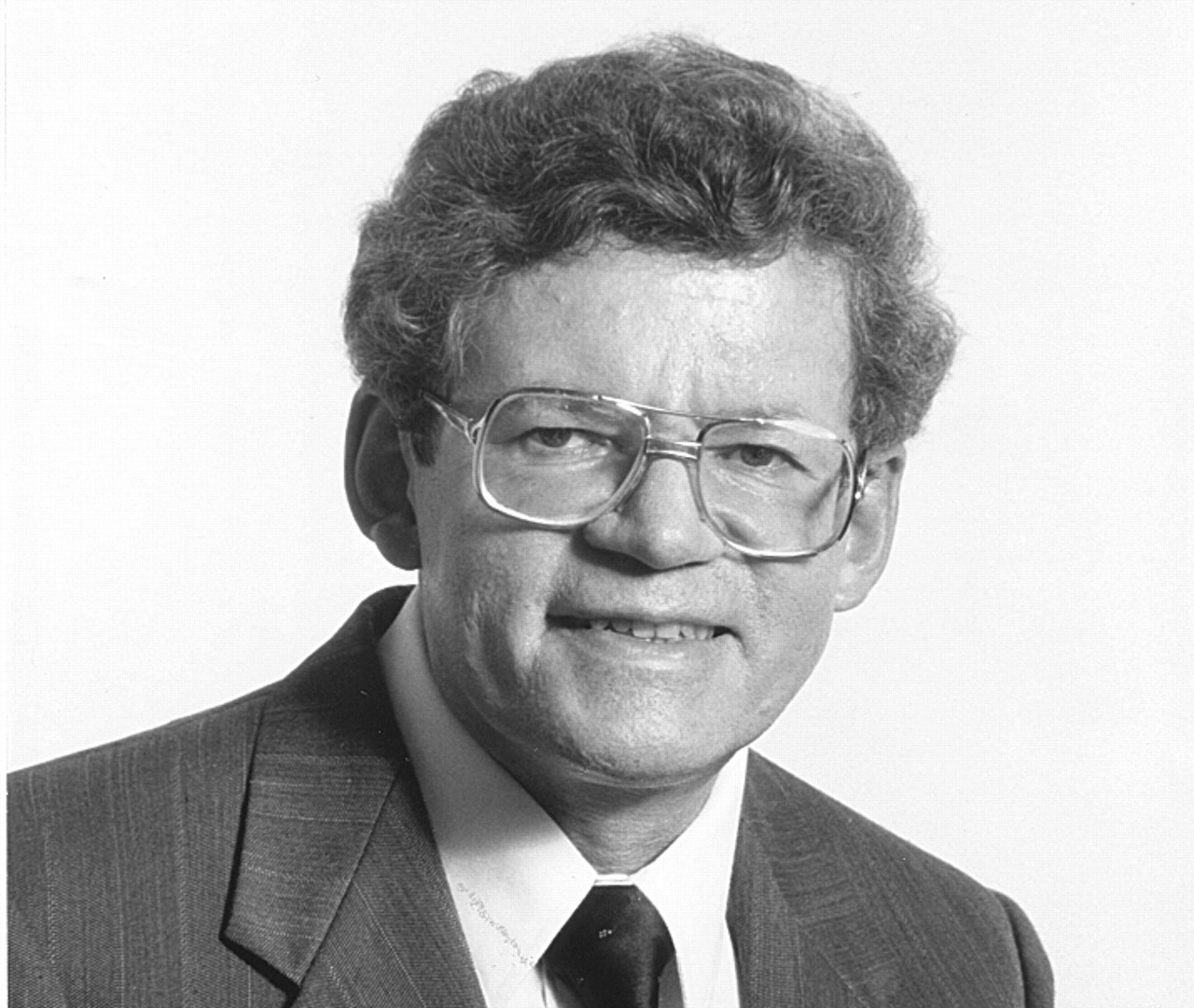Muñoz Named to NIH Group Dedicated To Increasing Public’s Voice

Rodrigo Muñoz, M.D., is the only physician on the Council of Public Representatives.
Established in 1999 by former NIH director Harold Varmus, M.D., COPR consists of patients, health care professionals, clergy, business executives, scientists, and others. Together, the ethnically and age-diverse group conveys the public’s view of NIH activities, evaluates NIH operations, and conveys NIH’s scientific progress back to the public through NIH’s Office of Public Liaison.
Topics for discussion cover a wide range, for example, from NIH stem-cell research activities to the science underlying alternative medicines, to protecting human research subjects.
APA Medical Director Steven Mirin, M.D., said that the appointment is a significant honor for Muñoz, “and by extension, a great occasion for APA, given that the NIH is recognizing the importance of psychiatry as a medical specialty and the care of people with mental illness as an important public health priority.” Mirin also said that the appointment is due, in large measure, to Muñoz’s “tireless efforts on behalf of our patients.”
Varmus originally named 20 members when he formed the council, and this October the COPR named five additional members, one of whom was Muñoz.
“I was delighted to be appointed to the COPR,” Muñoz told Psychiatric News, “more so when I realized that those involved in the decision trusted me to represent the public first and my profession second,” he said, referring to the fact that he is the only physician on the council.
Muñoz said he is especially interested in overcoming disparities in health care between minority and nonminority patients.
He cited the NIH’s Program of Action as one route toward equality. The program focuses on certain health problems in which people of racial and ethnic minorities experience serious disparities in health care access and outcomes.
“The NIH Program of Action was intended to focus on racial and ethnic minorities—here is where [APA’s] Office of Minority and National Affairs and Council on National Affairs could have an effective interaction with NIH,” said Muñoz. “Minorities are so far behind that we need a permanent structure in APA working with them.”
The COPR, he noted, should look at those agencies of the Department of Health and Human Services (HHS) that have offices or programs relevant to ethnic minority groups. Some of those agencies are the HHS Office of Minority Health, the Indian Health Service, and the Health Resources and Services Administration’s Office of Minority Health and Bureau of Primary Health Care. Ideally, he added, COPR would look for ways that APA could interact with these groups, as well as with NIH.
Muñoz said that the first COPR Report on Human Research Protections will be the topic of a symposium at APA’s next annual meeting, which will he held in Philadelphia in May 2002. Presenters will include Harold Eist, M.D., chair of APA’s Commission on Global Psychiatry, and Norman Sartorius, M.D., Ph.D, president of the Association of European Psychiatrists. APA President-elect Paul Appelbaum, M.D., will serve as a discussant.
Muñoz served as APA president for the 1999-2000 term and is currently a delegate to the AMA Section Council on Psychiatry. He is president-elect of the San Diego County Medical Society and a clinical professor of psychiatry at the University of California at San Diego.
More information about the NIH’s Council of Public Representatives can be found at www.nih.gov/about/publicliaison/COPR.htm. ▪



